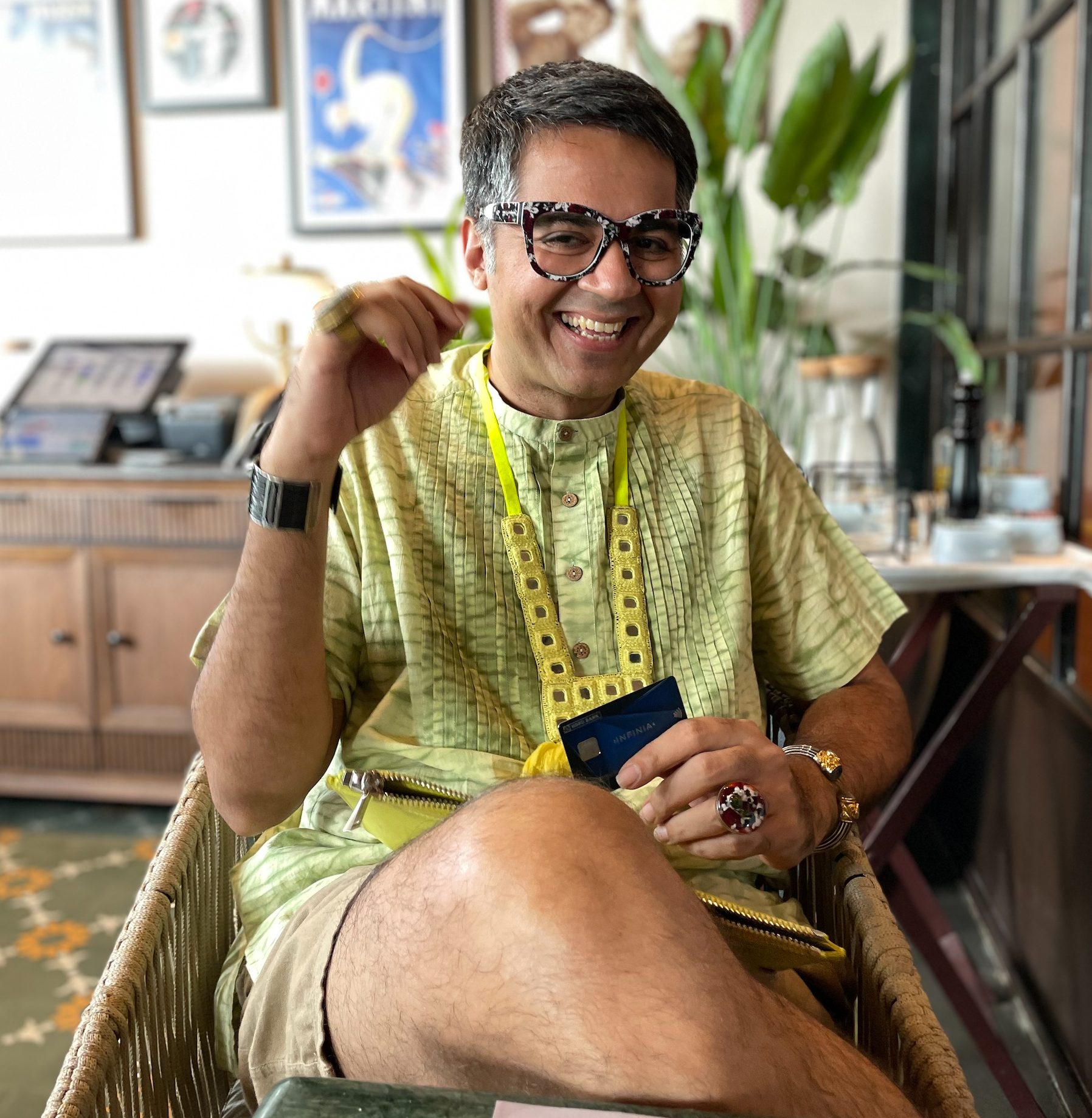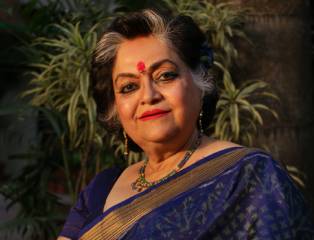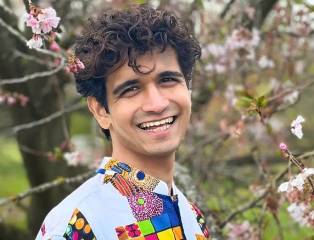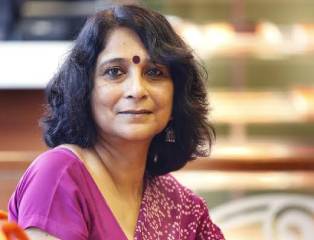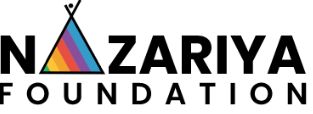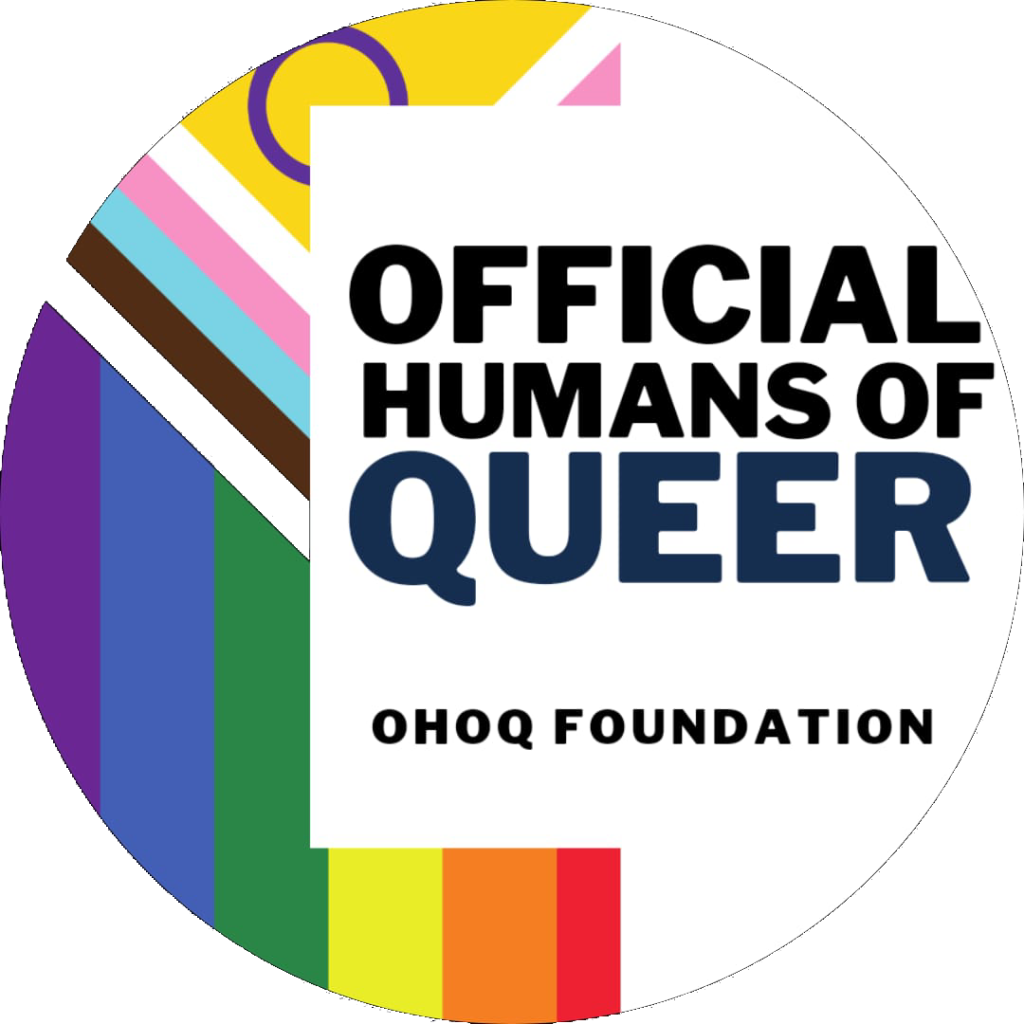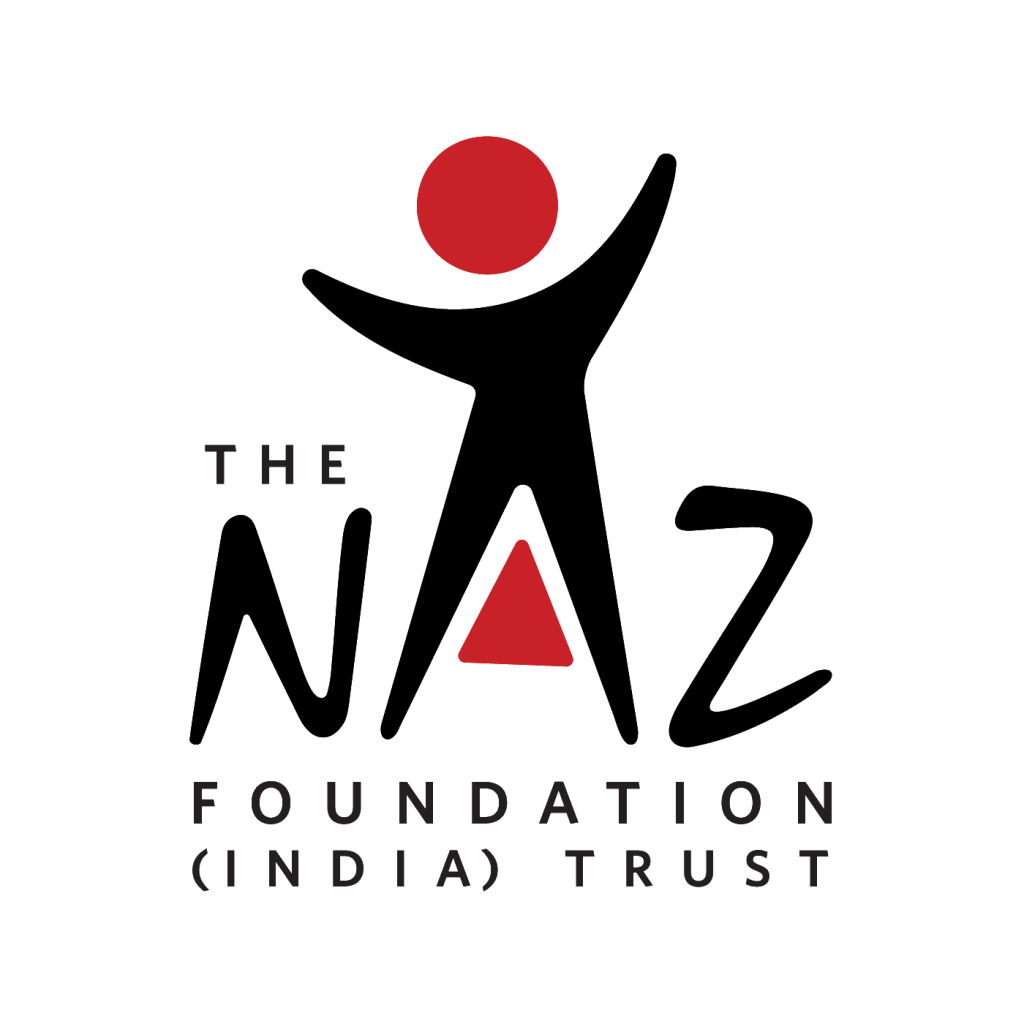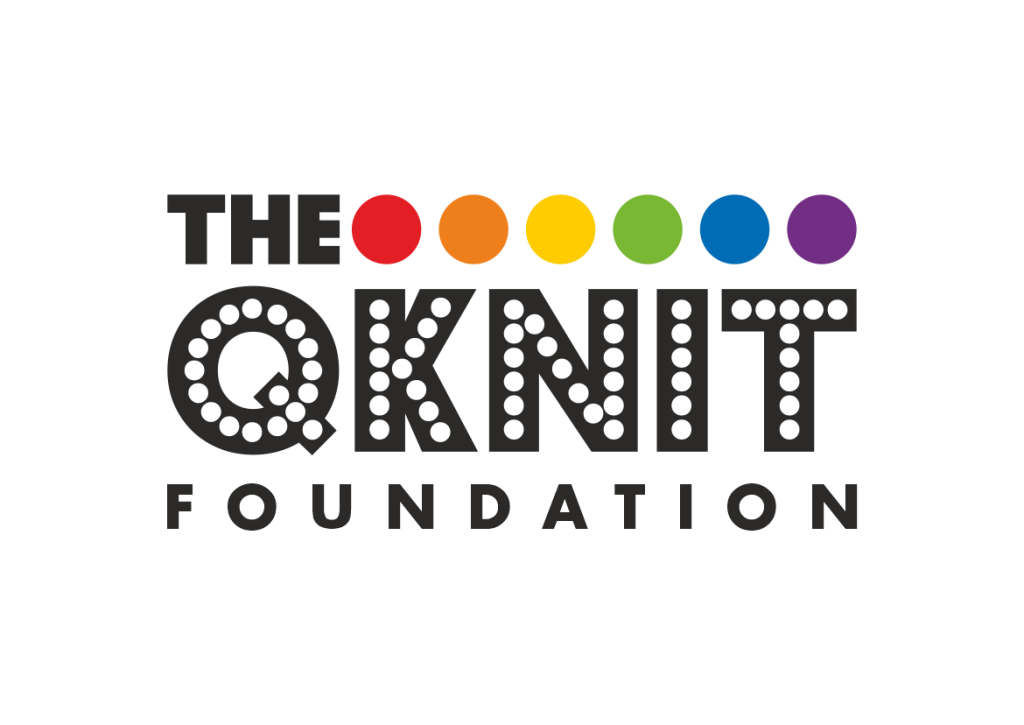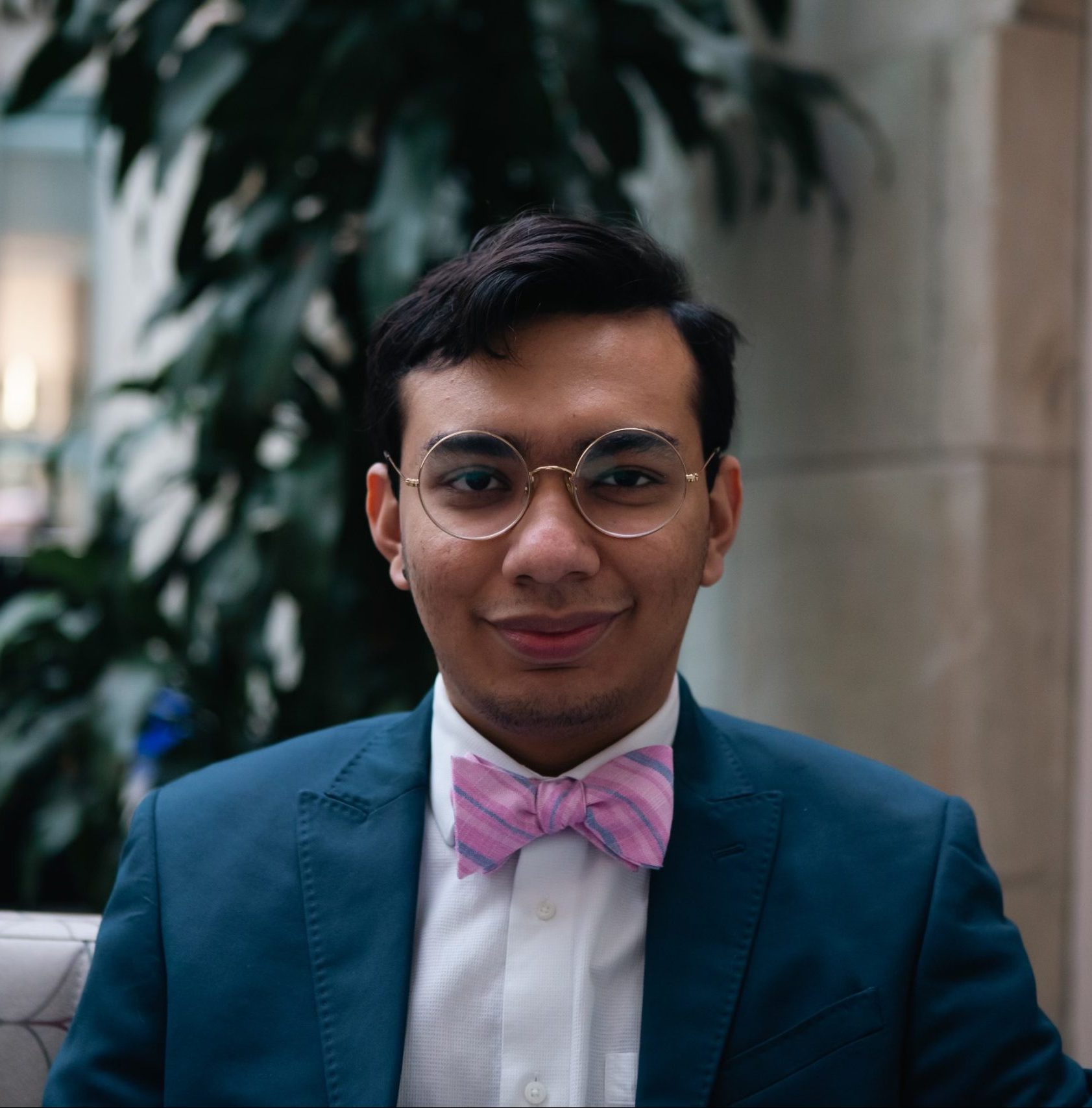Recognising Honest,
Compelling And
Unadulterated 'Queer Writing'
From India

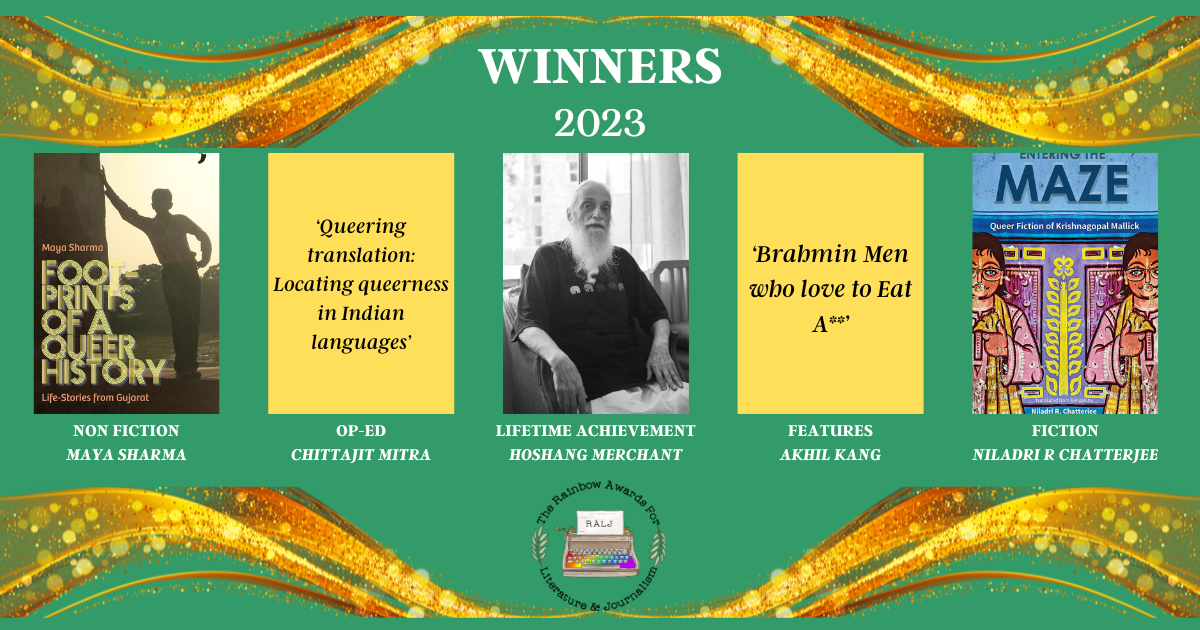
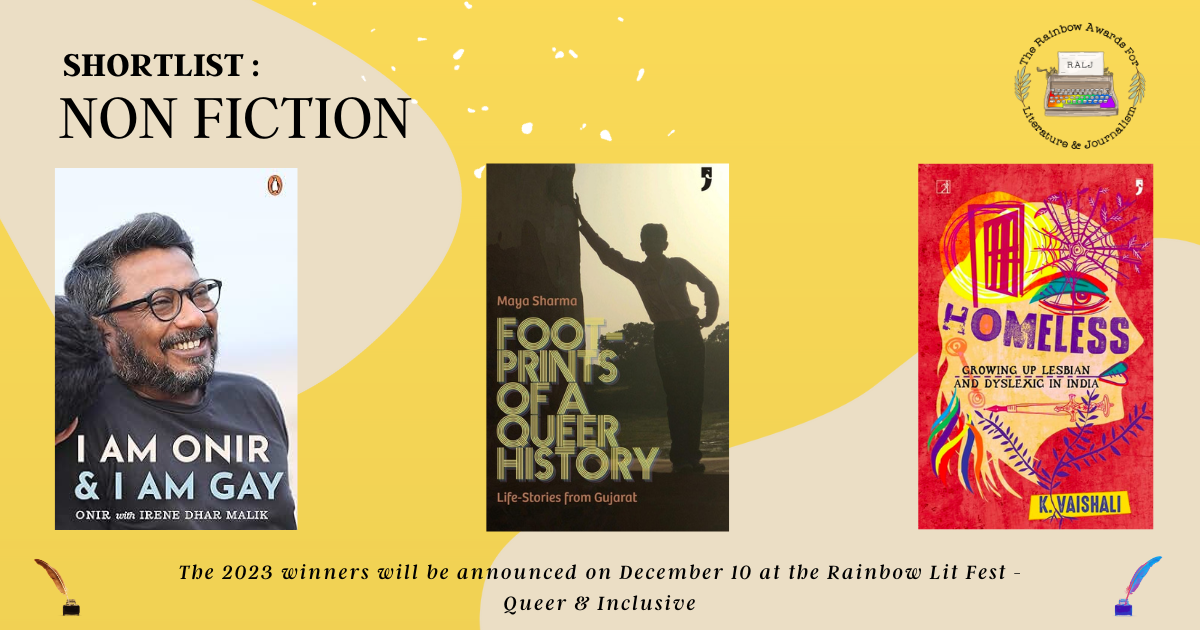
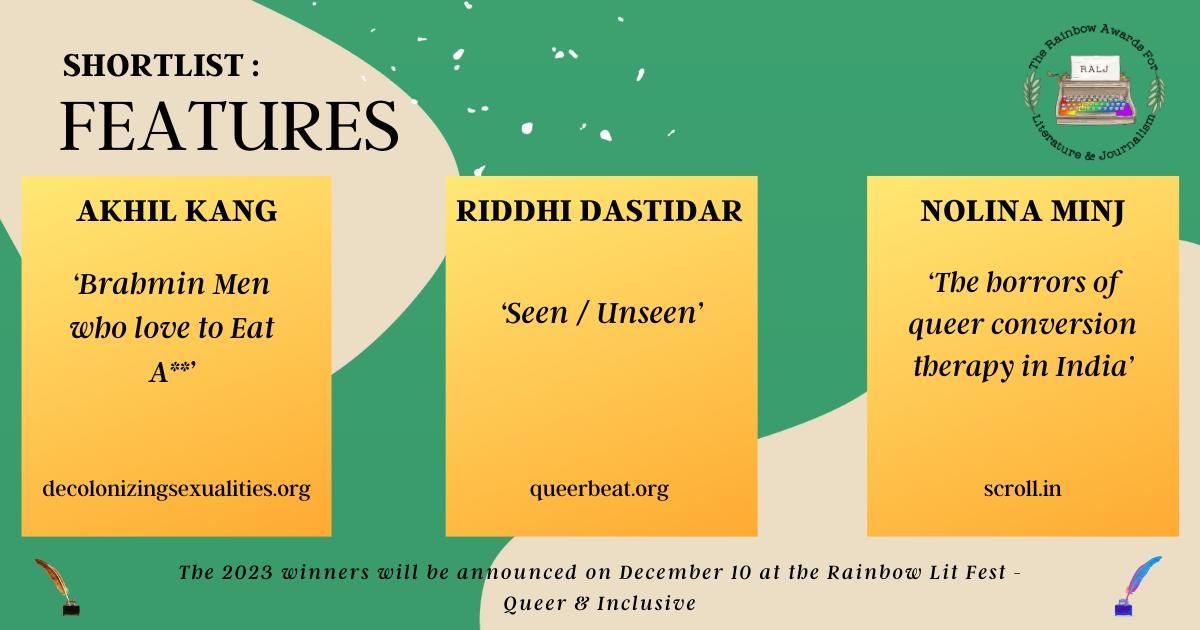
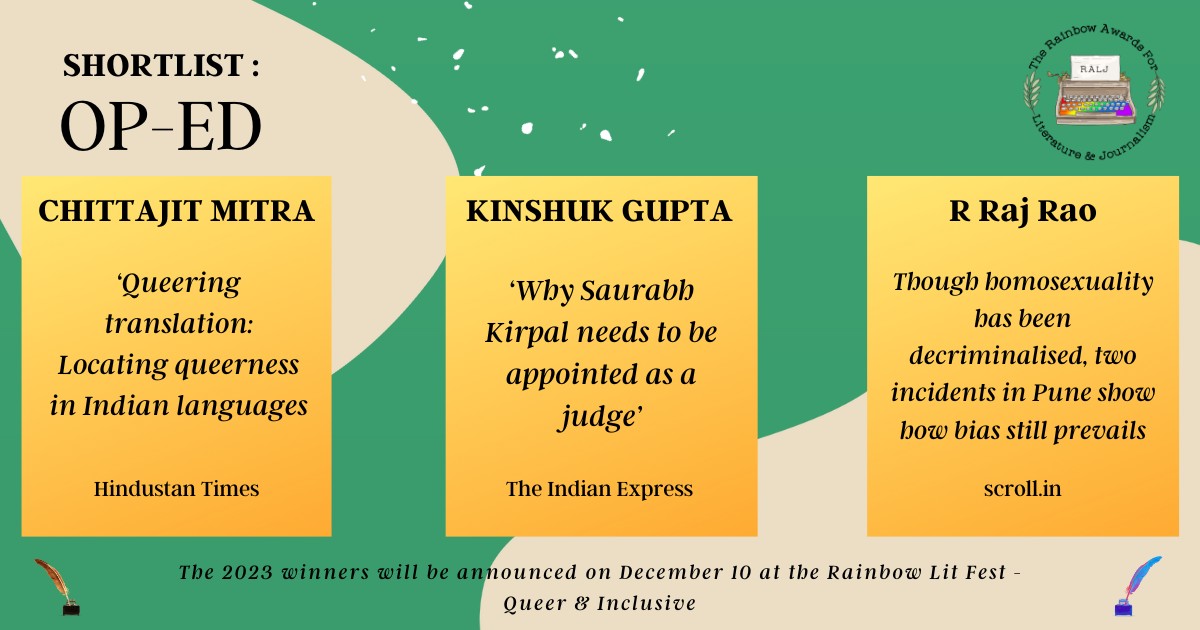

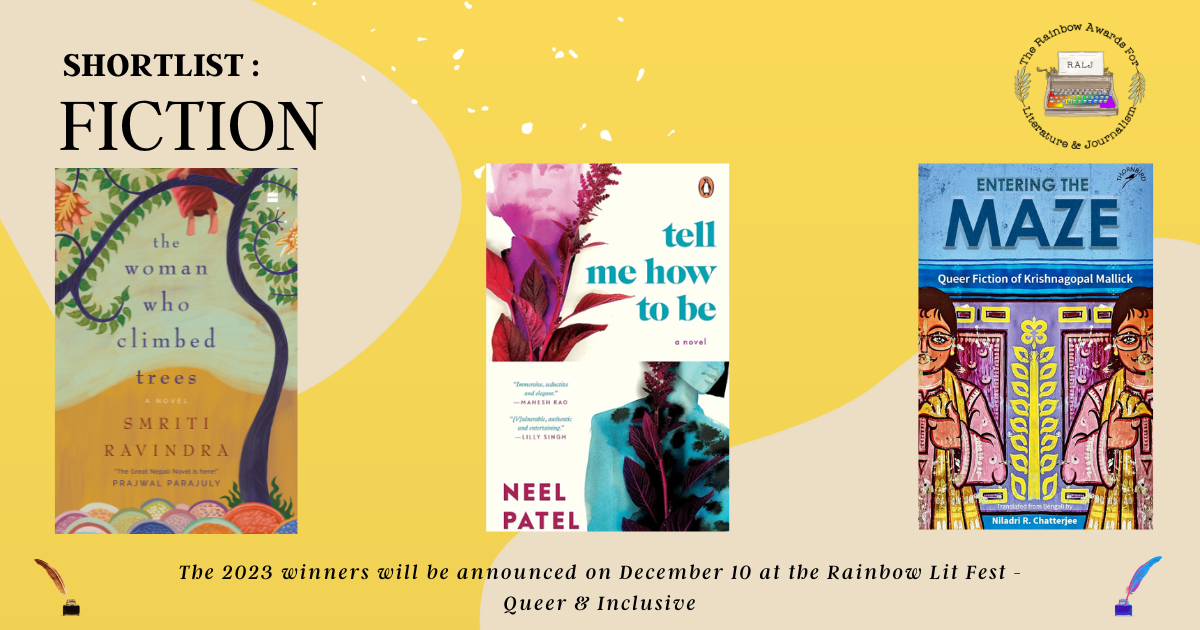
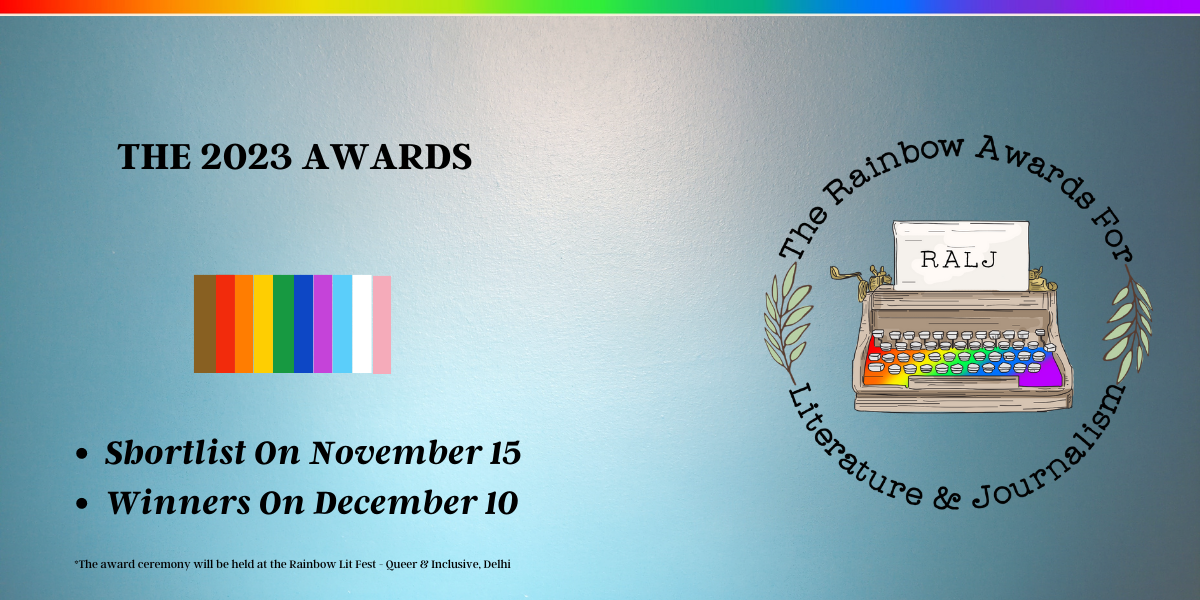

ABOUT THE RAINBOW AWARDS
The purpose of the awards is to recognise work done by queer and cis-het writers who are creating and building narratives around LGBTQIA+ lives. It is also about encouraging more people to come forth to write, as much as it is about telling the publishing and media world that this ‘genre’ and ‘our’ lives deserve attention, that every story makes a difference to social constructs and perceptions, that each of these narratives add to the community’s sense of belonging.
The awards are about identifying and rewarding exemplary affirmative work that brings to life authenticity, realities, stories of love, trials, tribulations, vulnerabilities and strength. It is about recording such stories and that of history being made or retold and revisited through this process.
Every year a jury would read and access the variety of entries from publishers, authors, journalists and editors. The endeavour will be to ensure fairness and studied assessments. The selection of eligible entries will be taken solely and only by the jury. Their decision is and will be final and binding.
- Entries Have Closed For The 2023 Awards
- Shortlist by November 15, 2023
- Award Ceremony, December 10, 2023*
CATEGORIES
Literature:
1 Fiction – This includes novels, graphic novels and collections of short stories (by a single author).
2 Non-Fiction – This includes memoirs, biographies, history and anything that doesn’t fall under Fiction
Journalism:
3. Feature
the write up must be of a minimum of 1200 words
4. Op-Ed
the word length must be a minimum of 600 words

event schedule
- First Day - Jan 22, 2021
- Second Day - Jan 23, 2021
- Third Day - Jan 24, 2021
Time
Events
Speakers
- 09:30am - 10:30am
- Room 1
Registration & opening
- 10:30am - 11:00am
- Room 1
Spokesman in the world
- 11:00am - 12:30am
- Room 2
World tour with make money
- 12:30am - 01:30pm
- Room 2
Lunch time
- 01:30pm - 02:30pm
- Room 3
Freedom in Joking
- 02:30am - 04:30am
- Room 3
Appreciate Freebies
Time
Events
Speakers
- 09:30am - 10:30am
- Room 1
Registration & opening
- 10:30am - 11:00am
- Room 1
Appreciate Freebies
- 11:00am - 12:30am
- Room 2
Freedom in Joking
- 12:30am - 01:30pm
- Room 2
Lunch time
- 01:30pm - 02:30pm
- Room 3
World tour with make money
- 02:30am - 04:30am
- Room 3
Spokesman in the world
Time
Events
Speakers
- 09:30am - 10:30am
- Room 1
Registration & opening
- 10:30am - 11:00am
- Room 1
World tour with make money
- 11:00am - 12:30am
- Room 2
Spokesman in the world
- 12:30am - 01:30pm
- Room 2
Lunch time
- 01:30pm - 02:30pm
- Room 3
Appreciate Freebies
- 02:30am - 04:30am
- Room 3
Freedom in Joking
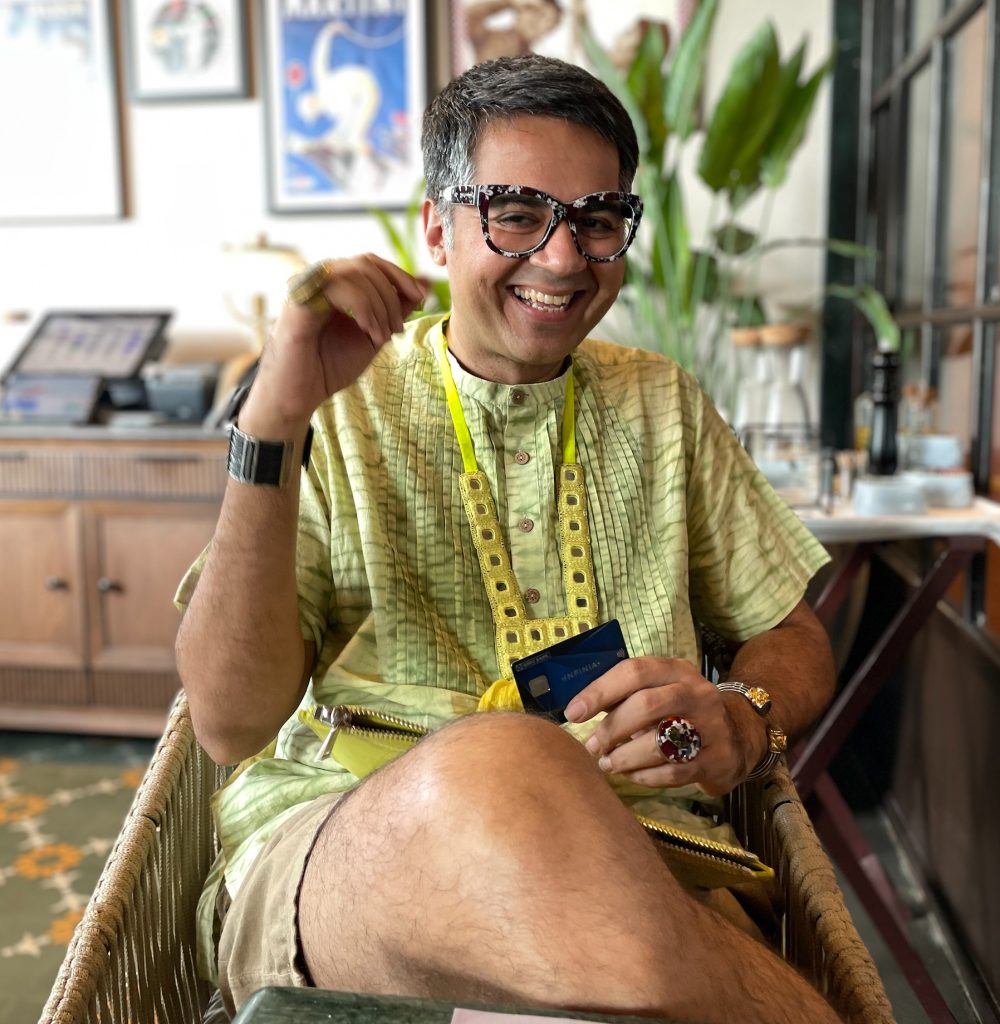
Parmesh Shahani
CHAIR
Parmesh Shahani is an author and an activist for LGBTQ inclusion in corporate India who has guided many of the country’s leading companies on their inclusion journeys. Most recently, he served as Vice President at Godrej Industries and founded and ran the award-winning Godrej India Culture Lab for a decade, between 2011 and 2021. His first book Gay Bombay: Globalization, Love and (Be)Longing in Contemporary India (Sage Publications) was released in 2008 and his second book Queeristan: LGBTQ Inclusion in the Indian Workplace (Westland Business) was released in August 2020 and won the CK Prahalad Award for Best Business Book of 2021 and well as the Laadli Award for Gender Sensitivity in 2021. Parmesh holds an MS in Comparative Media Studies from MIT. He is a TED Senior Fellow, a Yale World Fellow, and a World Economic Forum Young Global Leader, and also a board member of KHOJ International Artists’ Association, and Breakthrough.
CHAIR
Parmesh Shahani is an author and an activist for LGBTQ inclusion in corporate India who has guided many of the country’s leading companies on their inclusion journeys. Most recently, he served as Vice President at Godrej Industries and founded and ran the award-winning Godrej India Culture Lab for a decade, between 2011 and 2021. His first book Gay Bombay: Globalization, Love and (Be)Longing in Contemporary India (Sage Publications) was released in 2008 and his second book Queeristan: LGBTQ Inclusion in the Indian Workplace (Westland Business) was released in August 2020 and won the CK Prahalad Award for Best Business Book of 2021 and well as the Laadli Award for Gender Sensitivity in 2021. Parmesh holds an MS in Comparative Media Studies from MIT. He is a TED Senior Fellow, a Yale World Fellow, and a World Economic Forum Young Global Leader, and also a board member of KHOJ International Artists’ Association, and Breakthrough.
Parmesh Shahani is an author and an activist for LGBTQ inclusion in corporate India who has guided many of the country’s leading companies on their inclusion journeys. Most recently, he served as Vice President at Godrej Industries and founded and ran the award-winning Godrej India Culture Lab for a decade, between 2011 and 2021. His first book Gay Bombay: Globalization, Love and (Be)Longing in Contemporary India (Sage Publications) was released in 2008 and his second book Queeristan: LGBTQ Inclusion in the Indian Workplace (Westland Business) was released in August 2020 and won the CK Prahalad Award for Best Business Book of 2021 and well as the Laadli Award for Gender Sensitivity in 2021. Parmesh holds an MS in Comparative Media Studies from MIT. He is a TED Senior Fellow, a Yale World Fellow, and a World Economic Forum Young Global Leader, and also a board member of KHOJ International Artists’ Association, and Breakthrough.
MEMBERS
Adrija Bose is a Senior Editor at BOOM Live. She has previously worked at Firstpost, HuffPost India and CNN-News18. Her reportage of over the last 11 years focussed on gender, politics, human rights, environment and the Internet culture. She has won three UN Laadli Awards for gender sensitivity in reporting, the 2019 RedInk Awards for her reporting on Meghalaya’s coal miners and the Polestar Award for her story on Haryana’s female footballers. She leads Decode, a vertical for BOOM that covers the intersection of technology and human lives. She commissions, edits and reports on polarisation, disinformation and human rights.
Adrija Bose is a Senior Editor at BOOM Live. She has previously worked at Firstpost, HuffPost India and CNN-News18. Her reportage of over the last 11 years focussed on gender, politics, human rights, environment and the Internet culture. She has won three UN Laadli Awards for gender sensitivity in reporting, the 2019 RedInk Awards for her reporting on Meghalaya’s coal miners and the Polestar Award for her story on Haryana’s female footballers. She leads Decode, a vertical for BOOM that covers the intersection of technology and human lives. She commissions, edits and reports on polarisation, disinformation and human rights.
Dr Alka Pande is an art historian, author and curator with two post-graduation degrees one in history and the second in history of art. Followed by a PhD in Art History and a Post-Doc in Critical Art Theory, University of London. She is Recipient of the Charles Wallace Award, Knight of the Order of Arts and Letters by French government, Australian-India Council Special Award, L’Oreal Paris Femina Women award and Amrita Sher-Gil Samman. She built the collection of Indian Artists for the Essl Museum, Vienna, Austria. (2010). The Divine Gesture Gallery at the City Palace Museum, Udaipur, and the Outdoor Sculpture Park for the Fateh Prakash, a Taj Property at Udaipur (2020). Dr Pande has also authored a number of books on Indian Art and Culture. Ardhnarisvara: The Androgyne Probing the Gender Within, Body Sutra, Shringara: The Many Faces of Indian Beauty, Pha(bu)llus: A Cultural History. She was the Artisitic Director of Photosphere an initiative of the India Habitat Centre in 2016 & 2019, the Project Director of the First Ever Bihar Museum Biennale, 2021. Currently, Dr Pande is a consultant art advisor and curator of the Visual Arts Gallery, India Habitat Centre, New Delhi.
Dr Alka Pande is an art historian, author and curator with two post-graduation degrees one in history and the second in history of art. Followed by a PhD in Art History and a Post-Doc in Critical Art Theory, University of London. She is Recipient of the Charles Wallace Award, Knight of the Order of Arts and Letters by French government, Australian-India Council Special Award, L’Oreal Paris Femina Women award and Amrita Sher-Gil Samman. She built the collection of Indian Artists for the Essl Museum, Vienna, Austria. (2010). The Divine Gesture Gallery at the City Palace Museum, Udaipur, and the Outdoor Sculpture Park for the Fateh Prakash, a Taj Property at Udaipur (2020). Dr Pande has also authored a number of books on Indian Art and Culture. Ardhnarisvara: The Androgyne Probing the Gender Within, Body Sutra, Shringara: The Many Faces of Indian Beauty, Pha(bu)llus: A Cultural History. She was the Artisitic Director of Photosphere an initiative of the India Habitat Centre in 2016 & 2019, the Project Director of the First Ever Bihar Museum Biennale, 2021. Currently, Dr Pande is a consultant art advisor and curator of the Visual Arts Gallery, India Habitat Centre, New Delhi.
Anish Gawande is a writer and translator. He is the director of the Dara Shikoh Fellowship, an interdisciplinary arts residency, and the founder of Pink List India, the country’s first archive of politicians supporting LGBTQ+ rights. Gawande is a Rhodes Scholar and holds postgraduate degrees in intellectual history and public policy from the University of Oxford.
Anish Gawande is a writer and translator. He is the director of the Dara Shikoh Fellowship, an interdisciplinary arts residency, and the founder of Pink List India, the country’s first archive of politicians supporting LGBTQ+ rights. Gawande is a Rhodes Scholar and holds postgraduate degrees in intellectual history and public policy from the University of Oxford.
Jyotsna Siddharth (She/They) is an actor, artist and writer and Country Director, Gender at Work India. Jyotsna’s practice spreads across institutional building, intersectionality, arts, activism, theatre, and development. Jyotsna has master’s in Development Studies from TISS Mumbai and Social Anthropology from School of Oriental and African Studies, London and a recipient of Chevening Scholarship, British High Commission (2014). In 2023, Jyotsna was Cosmopolitan Blogger’s Award Nominee for Dalit Feminism Archive and in 2020 they were featured as 40 under 40 by Edex and New Indian Express. They are also a peer advisor to Feminism in India, The Rights Collective UK, Giving Tuesdays India and CPA Project.
Jyotsna’s work has featured in Times of India, The Hindu, Roundtable India, Savari, Feminism in India, Smashboard, Ashoka Literature Festival, Vogue India, Mid-Day, The Rights Collective UK, Feminism in India, The Swaddle, The Citizen, DHRDNet, UN Women Asia and Pacific, Manchester University Press, India Culture Lab, Grazia India, Party Office, Documenta Fifteen, News18, Khirkee Voice, Khoj and more. Jyotsna is currently fundraising and working on a self-written play, ‘Clay’.
Jyotsna Siddharth (She/They) is an actor, artist and writer and Country Director, Gender at Work India. Jyotsna’s practice spreads across institutional building, intersectionality, arts, activism, theatre, and development. Jyotsna has master’s in Development Studies from TISS Mumbai and Social Anthropology from School of Oriental and African Studies, London and a recipient of Chevening Scholarship, British High Commission (2014). In 2023, Jyotsna was Cosmopolitan Blogger’s Award Nominee for Dalit Feminism Archive and in 2020 they were featured as 40 under 40 by Edex and New Indian Express. They are also a peer advisor to Feminism in India, The Rights Collective UK, Giving Tuesdays India and CPA Project.
Jyotsna’s work has featured in Times of India, The Hindu, Roundtable India, Savari, Feminism in India, Smashboard, Ashoka Literature Festival, Vogue India, Mid-Day, The Rights Collective UK, Feminism in India, The Swaddle, The Citizen, DHRDNet, UN Women Asia and Pacific, Manchester University Press, India Culture Lab, Grazia India, Party Office, Documenta Fifteen, News18, Khirkee Voice, Khoj and more. Jyotsna is currently fundraising and working on a self-written play, ‘Clay’.
Kalki Subramaniam is a transgender rights activist, Inclusion Catalyst, Artist and Writer from Tamil Nadu India. She runs the Sahodari Foundation which works for the social, political and economic empowerment of the transgender community. She has empowered and mentored so many role models in the transgender community including transgender doctors, lawyers, engineers, corporate professionals etc. She has spoken at several corporate companies including Google, Facebook, Adobe, Walmart, Uber etc. for the inclusion of transgender people in jobs in all levels of the companies and creates inclusive policies in the companies.
Kalki has won several awards for her contribution towards transgender people’s empowerment in India. Through her writings, art and films she inspires thousands of transgender people with hope and dignity for a promising future. She has spoken at Harvard, Yale, Cornell and University of Philadelphia in USA. She is the author of the famous book; We Are Not The Others; which is available on Amazon. She is also the Ambassador of Trans Amsterdam organization in Netherlands. She lives with her family in Pollachi, Tamil Nadu.
Kalki Subramaniam is a transgender rights activist, Inclusion Catalyst, Artist and Writer from Tamil Nadu India. She runs the Sahodari Foundation which works for the social, political and economic empowerment of the transgender community. She has empowered and mentored so many role models in the transgender community including transgender doctors, lawyers, engineers, corporate professionals etc. She has spoken at several corporate companies including Google, Facebook, Adobe, Walmart, Uber etc. for the inclusion of transgender people in jobs in all levels of the companies and creates inclusive policies in the companies.
Kalki has won several awards for her contribution towards transgender people’s empowerment in India. Through her writings, art and films she inspires thousands of transgender people with hope and dignity for a promising future. She has spoken at Harvard, Yale, Cornell and University of Philadelphia in USA. She is the author of the famous book; We Are Not The Others; which is available on Amazon. She is also the Ambassador of Trans Amsterdam organization in Netherlands. She lives with her family in Pollachi, Tamil Nadu.
Parvati Sharma has written across genres. Her most recent books are two historical biographies: Jahangir: An Intimate Portrait of a Great Mughal and Akbar of Hindustan. Her debut was a book of fiction, The Dead Camel and Other Stories of Love. She has also written a novella, Close to Home, and two books for children, The Story of Babur and Rattu & Poorie’s Adventures in History: 1857. Sharma lives in New Delhi, where she has studied English literature and Indian history, and worked as a travel writer, editor and journalist.
Parvati Sharma has written across genres. Her most recent books are two historical biographies: Jahangir: An Intimate Portrait of a Great Mughal and Akbar of Hindustan. Her debut was a book of fiction, The Dead Camel and Other Stories of Love. She has also written a novella, Close to Home, and two books for children, The Story of Babur and Rattu & Poorie’s Adventures in History: 1857. Sharma lives in New Delhi, where she has studied English literature and Indian history, and worked as a travel writer, editor and journalist.
Poonam Saxena is a journalist, writer and translator. She worked with The Hindustan Times for several years. She launched and edited the HT Sunday magazine, Brunch, for twelve years, before moving on to edit the weekend section. She has written extensively on popular culture, film, television and books. She continues to do a regular column for Hindustan Times, The Way We Were, which looks at our past through Hindi literature and cinema. She translates from Hindi to English and has translated Dharmvir Bharati’s Gunahon ka Devta (Chander & Sudha, Penguin Viking), Rahi Masoom Raza’s Scene : 75 (HarperCollins) and also The Greatest Hindi Stories Ever Told (Aleph). She was the co-author for filmmaker Karan Johar’s memoir, An Unsuitable Boy (Penguin).
Poonam Saxena is a journalist, writer and translator. She worked with The Hindustan Times for several years. She launched and edited the HT Sunday magazine, Brunch, for twelve years, before moving on to edit the weekend section. She has written extensively on popular culture, film, television and books. She continues to do a regular column for Hindustan Times, The Way We Were, which looks at our past through Hindi literature and cinema. She translates from Hindi to English and has translated Dharmvir Bharati’s Gunahon ka Devta (Chander & Sudha, Penguin Viking), Rahi Masoom Raza’s Scene : 75 (HarperCollins) and also The Greatest Hindi Stories Ever Told (Aleph). She was the co-author for filmmaker Karan Johar’s memoir, An Unsuitable Boy (Penguin).
Sindhu is an acclaimed author & researcher. Her debut novel Kaleidoscopic Reflections was nominated for the Crossword Book Award, while her latest book of nonfiction is the best-selling Smashing the Patriarchy – A Guide for the 21st century Indian Woman. Sindhu’s fiction, poetry & essays have been published internationally by literary magazines & leading platforms. She’s currently pursuing her PhD in Creative Writing at the University of Strathclyde, where she’s a recipient of the Dean’s Global Research Award. She’s exploring queer South Asian pasts, creative epistemologies & queer decolonial storytelling.
Sindhu is an acclaimed author & researcher. Her debut novel Kaleidoscopic Reflections was nominated for the Crossword Book Award, while her latest book of nonfiction is the best-selling Smashing the Patriarchy – A Guide for the 21st century Indian Woman. Sindhu’s fiction, poetry & essays have been published internationally by literary magazines & leading platforms. She’s currently pursuing her PhD in Creative Writing at the University of Strathclyde, where she’s a recipient of the Dean’s Global Research Award. She’s exploring queer South Asian pasts, creative epistemologies & queer decolonial storytelling.
Bookstore and Process Partner
Supporting Organisations
Co-ordinator
Rohin Bhatt (he/they) is a non-binary queer rights activist, lawyer and bioethicist. He currently works with Senior Advocates Indira Jaising and Anand Grover. He graduated from Gujarat National Law University in 2021 with a B.Sc. LL.B. (Hons.) and with a Master of Bioethics at Harvard Medical School in 2022. He is a co-founder of the Indian Bioethics Project at Gujarat National Law University which aims to bring Indian voices to the intersections of law, medicine and bioethics.
Apart from being a regular contributor to The Leaflet where he writes on issues of queer rights, reproductive justice and constitutional law, his work both public platforms such as the Hindu, The Indian Express, India Forum, The Probe, and the Wire Science and academic journals like The Law School Policy Review, The Indian Journal of Medical Ethics, Voices in Bioethics, and the Hastings Center Report. His work focuses on constitutional law, and bioethics, with a particular focus on feminist and queer approaches to bioethics to make healthcare policies and laws more accessible for queer persons, and the effects fascism has on human rights and their intersections.
Rohin Bhatt (he/they) is a non-binary queer rights activist, lawyer and bioethicist. He currently works with Senior Advocates Indira Jaising and Anand Grover. He graduated from Gujarat National Law University in 2021 with a B.Sc. LL.B. (Hons.) and with a Master of Bioethics at Harvard Medical School in 2022. He is a co-founder of the Indian Bioethics Project at Gujarat National Law University which aims to bring Indian voices to the intersections of law, medicine and bioethics.
Apart from being a regular contributor to The Leaflet where he writes on issues of queer rights, reproductive justice and constitutional law, his work both public platforms such as the Hindu, The Indian Express, India Forum, The Probe, and the Wire Science and academic journals like The Law School Policy Review, The Indian Journal of Medical Ethics, Voices in Bioethics, and the Hastings Center Report. His work focuses on constitutional law, and bioethics, with a particular focus on feminist and queer approaches to bioethics to make healthcare policies and laws more accessible for queer persons, and the effects fascism has on human rights and their intersections.

For any queries related to the process of the awards, you may check the FAQ first
If you have any further queries, you may write to Rohin Bhatt at contact@therainbowawards.in.
DWIJEN DINANATH ARTS FOUNDATION
A6, Gulmohar Park, New Delhi – 110049
Phone: 9810270921
Email: sdrangnekar@gmail.com
Get Tickets
Regular Plan
$99
250/500
- Concert Attendance
- 20 Lottery Ticket
- Priority Seating
- 5 Person Entry
- Certificate
- T-Shirt
Business Plan
$399
200/500
- Concert Attendance
- 20 Lottery Ticket
- Priority Seating
- 5 Person Entry
- Certificate
- T-Shirt
Enterprise Plan
$499
50/500
- Concert Attendance
- 20 Lottery Ticket
- Priority Seating
- 5 Person Entry
- Certificate
- T-Shirt
